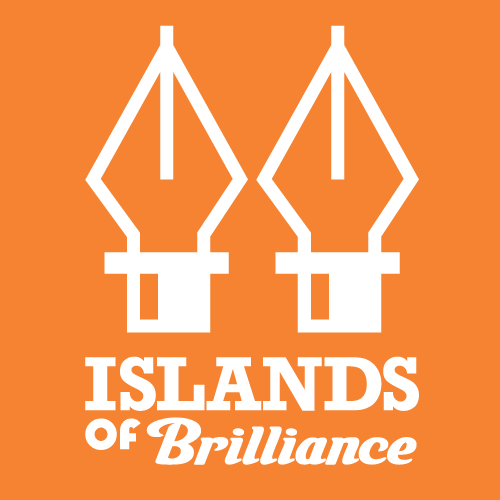We Grow, We Change: Why We Changed Our Mission Statement
The following post has been co-written by Margaret Fairbanks, Co-Founder & Chief Education Officer, and Dr. Kate Siekman, Director of Learning & Outcomes.
In December, with the full support of our Board of Directors, Islands of Brilliance chose to change our mission statement with the intention of opening our doors to the broader community of neurodiversity.
From this:
By using creativity, technology, and one-on-one guidance, we are positively changing personal perceptions of self and promoting broader community views of those on the autism spectrum from people with disabilities to people with capabilities.”
To this:
By using creativity, technology, and mentorship, we are positively changing perceptions of self and promoting broader community views of neurodivergent individuals as people with unlimited abilities rather than persons with disabilities.
Why did we make that choice?
Due to conflicts with both social and diagnostic constructs, several recent studies indicate that autism often goes undiagnosed, late-diagnosed, and underdiagnosed. Therefore, here at Islands of Brilliance, we don’t require a formal diagnosis to engage in our services. We believe that anyone who is neurodivergent, and who feels a kinship with our programming and our community, is welcome in our space. We’ve learned that it’s less about the label; it’s whether what we do will have an impact and make a difference. You’ll notice that this shift aligns nicely with IOB’s core values that have always been a part of Islands programming.
Additionally, by moving from person first to identify first language, we are listening to and learning from our community. And as 87% of adults with an autism diagnosis-preferred identity-first language such as “I am autistic” to describe themselves, this shift in our language just makes sense.
We Believe Identity Matters
Want to learn more about how Islands of Brilliance amplifies autistic voices? Check out our blogpost: Amplifying Autistic Voices.
As with any group of humans, each individual has their own preference on identifiers. That’s why it’s important to listen to and honor how folx speak about themselves. To truly understand this, it takes a conversation, and we’re here for that.
Self identity is the way we see ourselves, and it influences the decisions we make and goals that we set for ourselves.
If you see yourself as a capable contributing member of your community, odds are you will expect more from yourself and experience lifelong success. If you see yourself as incapable or unworthy, those chances decrease exponentially.
The Youth Thrive framework for positive youth development states that, “Youth need guidance about and experiences that enable them to…forge a personally satisfying identity, including what and who one would like to become.” We seek to provide a supportive environment for empowering neurodiverse identity.
Social identity is the way others see us, and it affects how we are treated and what expectations are placed on us.
It also often impacts the services that folx receive, so neurodiverse folx without a formal diagnosis are not receiving the services that they need. This is why Islands of Brilliance is here with the door open, welcoming everyone who seeks support.
According to a robust study published by the National Library of Medicine, “...having a positive sense of one’s autism identity in adolescence and young adulthood is still associated with better mental health, despite the additional challenges that autistic young people face in making sense of their identities.”
Above all, we have discovered that our best learning has come from our students. They are guiding us to make pivotal changes that go beyond just our mission statement…because we truly believe that, “we means we” and “learning is forever.”







